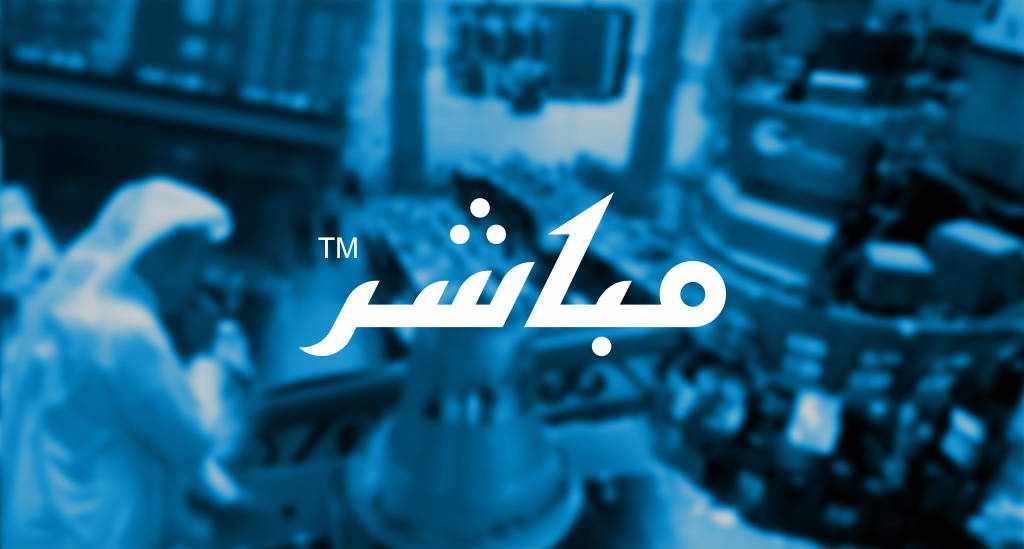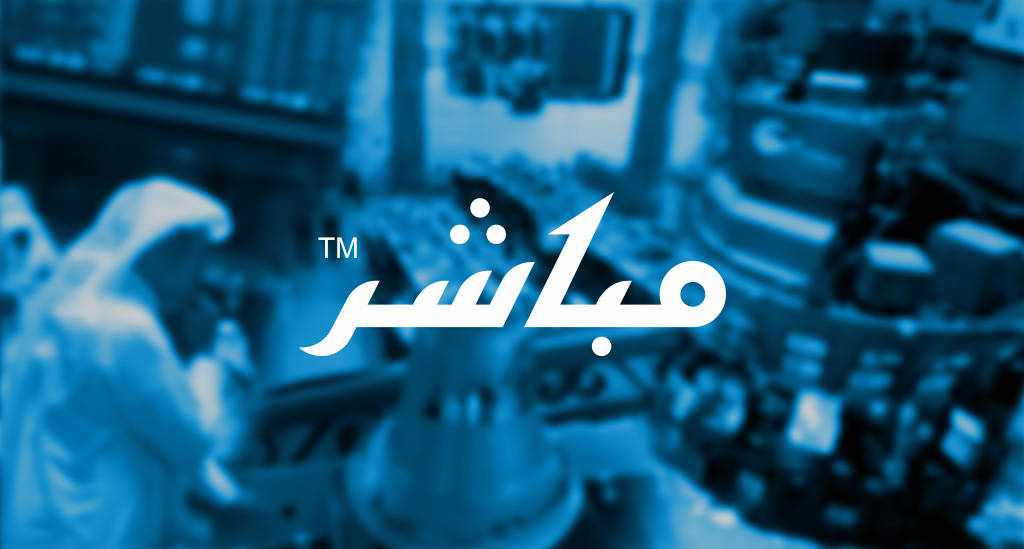What Does M&A Mean for Investors?
- Date: 02-Dec-2021
- Source: Morning Star
- Sector:Financial Markets
- Country:Middle East
What Does M&A Mean for Investors?
The life stages of a public company are many. It starts with an IPO, learning how to run a successful listed business, and in some cases, the resulting goliath may receive a takeover bid--or want to acquire another company.
There are several reasons a company will choose to merge with or acquire another. One of the main ones is increased output, often at a cheaper price, as M&A is an inorganic form of growth and can achieve economies of scale. It may also grant either or both parties access to better technologies, or geographical expansion opportunities. Both can ultimately save time, and reduce competition by increasing market share.
We’ve seen several large-scale companies make these kinds of changes over the past year, with 2021 becoming a record year for mergers and acquisitions (M&A). Supermarket Morrisons was the subject of a bidding war before it was subsequently sold to a US firm, while Goldman Sachs has announced a takeover of NN Investment Partners. Don't forget LV= either. No wonder experts believe we haven’t seen the last deal of the year made yet.
We’ve previously written about the pros and cons of larger companies going private, following the takeover battle for Morrisons. Benefits include generous























